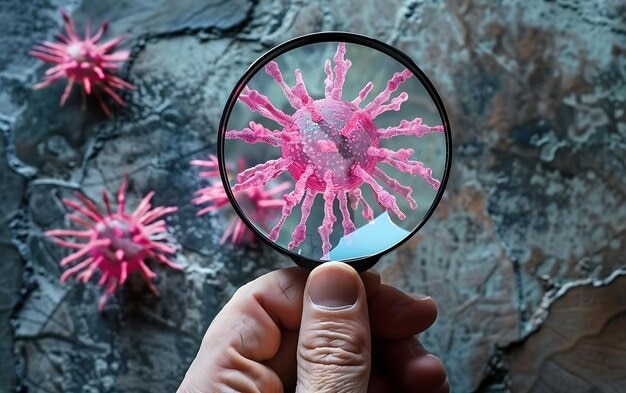A rare and deadly brain-eating amoebic infection is causing a stir in Kerala. The Health Minister is urging people to take precautions and stay safe as cases of amoebic meningoencephalitis rise.
Amid rising cases of dengue and malaria in the country, there is another rising infection that is causing a stir in Kerala. On Monday, Health Minister Veena George issued a warning over rising cases of amoebic meningoencephalitis and urged the public to take precautions regarding the rare brain-eating amoebic infection.
George said at the press conference: “People who use stagnant water to bathe or wash animals should be cautious. Seek medical attention if severe headaches, fever, nausea, vomiting or neck stiffness occur after contact with such water.” He added: “Awareness efforts and preventive measures are being intensified. The Department of Health has issued national guidelines on the prevention, diagnosis and treatment of the disease.”
What is amebic meningoencephalitis?
Primary amoebic meningoencephalitis, also known as PAM, is a rare but fatal brain infection caused by the amoeba Naegleria fowleri. This microscopic amoeba thrives primarily in warm freshwater environments where the water is stagnant and does not flow. When contaminated water enters the nose and travels to the brain, it poses a significant health risk, causing severe tissue damage and brain inflammation.
Signs and symptoms
The early symptoms of amoebic infection can easily be confused with those of common viral illnesses, making early diagnosis difficult. Some of the symptoms include:
- Headache
- Fever
- Nausea
- Confusion
- Hallucinations
- Stiff neck
The disease progresses rapidly and often causes coma or even death within a few days of the onset of symptoms.
Precautions
It is important to remember that PAM is a rare and fatal infection. It cannot be transmitted by direct contact. Exposure to conducive environments should be minimised, for example by avoiding warm freshwater areas, chlorinating the pool frequently and regularly, and using appropriate tongs and covers when swimming in pools.
Currently, there is no definitive cure for amoebic meningoencephalitis and it can be serious if not treated quickly.
